Toyota Motor Corporation (Japan)

Toyota Motor Corporation, headquartered in Toyota City, Japan, is one of the largest and most influential automakers globally. Founded by Kiichiro Toyoda in 1937, the company revolutionized automotive manufacturing with its pioneering use of lean production methods and just-in-time manufacturing. Toyota is renowned for producing reliable, fuel-efficient vehicles and has consistently been at the forefront of innovation.
The company’s diverse lineup includes sedans like the Toyota Camry and Corolla, SUVs like the RAV4, and pickup trucks like the Tacoma and Tundra. It also leads the hybrid market with its iconic Prius, which set a benchmark for eco-friendly vehicles. Beyond hybrids, Toyota has invested heavily in hydrogen fuel-cell technology with the Mirai and is expanding its portfolio to include electric vehicles (EVs) under its “Beyond Zero” brand strategy.
Toyota’s reputation for quality, durability, and reliability (QDR) has earned it loyal customers worldwide. Its commitment to sustainability and safety is evident through initiatives like the Toyota Environmental Challenge 2050 and the development of advanced driver-assistance systems.
In recent years, Toyota has accelerated its efforts in automation and connected vehicle technology, emphasizing mobility as a service (MaaS). As part of its commitment to future mobility, the company launched Woven Planet, a subsidiary dedicated to building smart city infrastructure and autonomous driving solutions.
With a presence in over 170 countries, Toyota’s manufacturing plants span the globe, ensuring localized production to meet market demands. The company’s emphasis on continuous improvement, or kaizen, remains central to its philosophy, driving innovation and maintaining its leadership in the automotive industry.
Volkswagen Group (Germany)
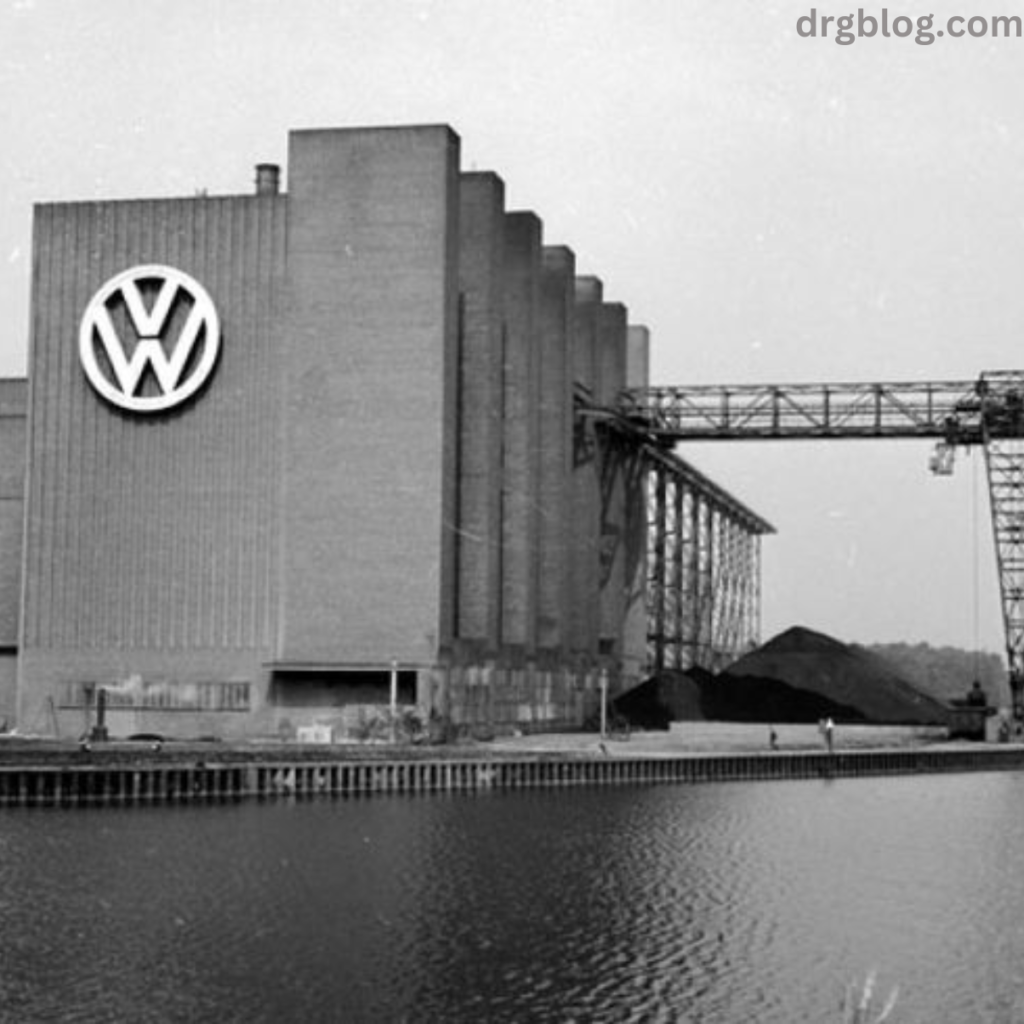
Volkswagen Group, headquartered in Wolfsburg, Germany, is a global automotive powerhouse. Established in 1937 by the German government to produce the “people’s car,” the company has grown into one of the world’s leading automobile manufacturers, offering a wide range of vehicles under multiple brands.
The group’s portfolio includes Volkswagen, Audi, Porsche, Bentley, Bugatti, Lamborghini, SEAT, Škoda, and Ducati. Known for innovation, craftsmanship, and engineering excellence, Volkswagen consistently delivers high-performance and luxury vehicles that cater to diverse customer needs. Iconic models such as the Golf, Passat, and Beetle have defined generations of car enthusiasts.
Volkswagen has made significant strides in electric mobility, investing billions in its “Roadmap E” strategy to produce millions of electric vehicles (EVs) by 2030. The ID. series, including the ID.3 and ID.4, represents the company’s push into zero-emission transportation.
The company has also focused on autonomous driving, launching initiatives like the “Car.Software Organisation” to develop in-house software solutions. With production facilities in over 30 countries and sales operations in more than 150 nations, Volkswagen maintains a strong global presence.
Despite facing challenges, including the “Dieselgate” emissions scandal, Volkswagen has made a robust recovery, emphasizing transparency and sustainability. The group aims to be carbon-neutral by 2050, aligning with global environmental goals.
Mercedes-Benz Group AG (Germany)
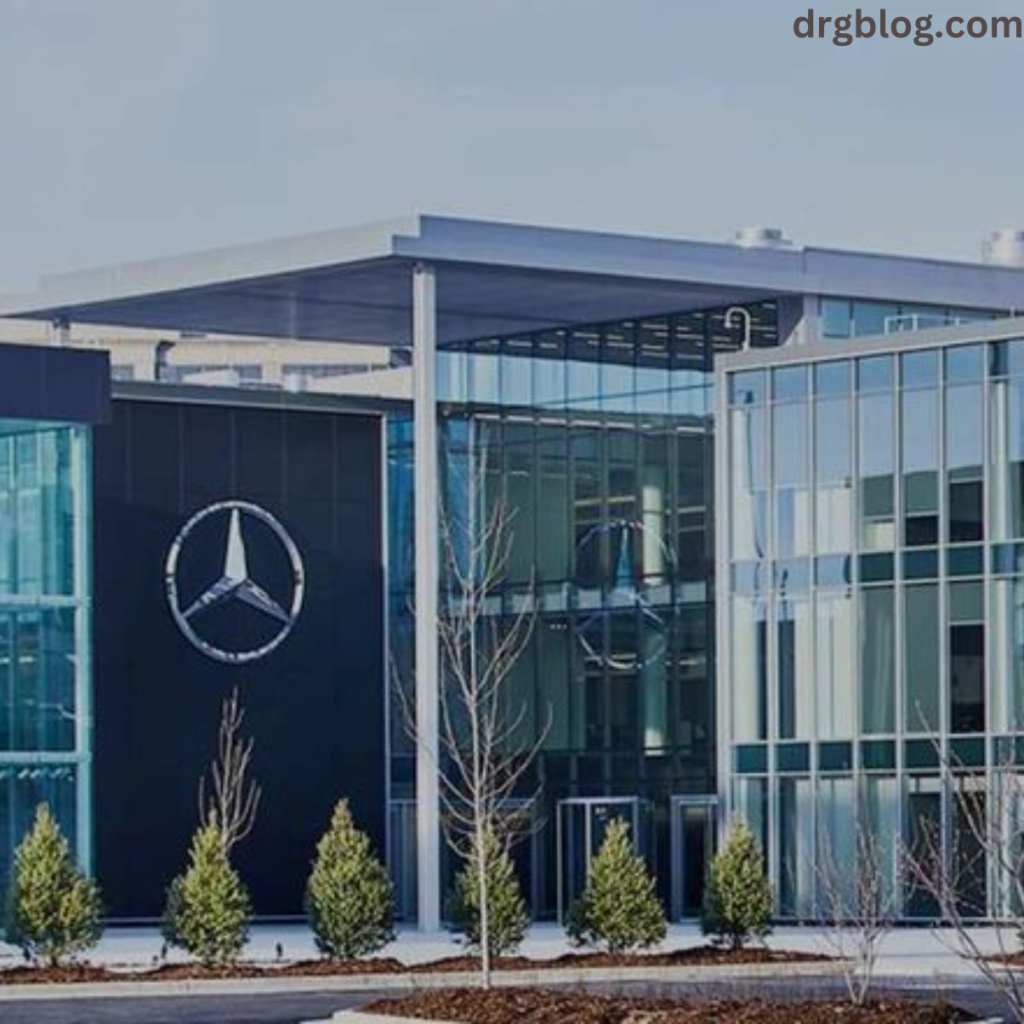
Mercedes-Benz Group AG, formerly known as Daimler AG, is synonymous with luxury, innovation, and performance in the automotive world. Headquartered in Stuttgart, Germany, the company traces its roots back to Karl Benz’s invention of the first gasoline-powered car in 1886.
Mercedes-Benz produces a wide range of vehicles, including luxury sedans like the S-Class and E-Class, SUVs like the GLE and G-Class, and high-performance sports cars developed by Mercedes-AMG. The brand’s emphasis on craftsmanship, cutting-edge technology, and elegant design has made it a benchmark for luxury vehicles worldwide.
In the era of electrification, Mercedes-Benz has introduced the EQ line, featuring all-electric models like the EQS and EQB. The company’s Ambition 2039 strategy outlines its vision to achieve a carbon-neutral vehicle lineup, focusing on electric and hybrid technologies.
Autonomous driving is a key focus, with systems like Drive Pilot enabling Level 3 autonomous driving in certain conditions. Mercedes-Benz also emphasizes connectivity through its MBUX (Mercedes-Benz User Experience) infotainment system, providing a seamless and intuitive driving experience.
With manufacturing plants across Europe, North America, Asia, and Africa, Mercedes-Benz maintains a strong global production footprint. The brand’s commitment to excellence, safety, and sustainability continues to drive its success in the competitive luxury automotive market.
Tesla, Inc. (USA)
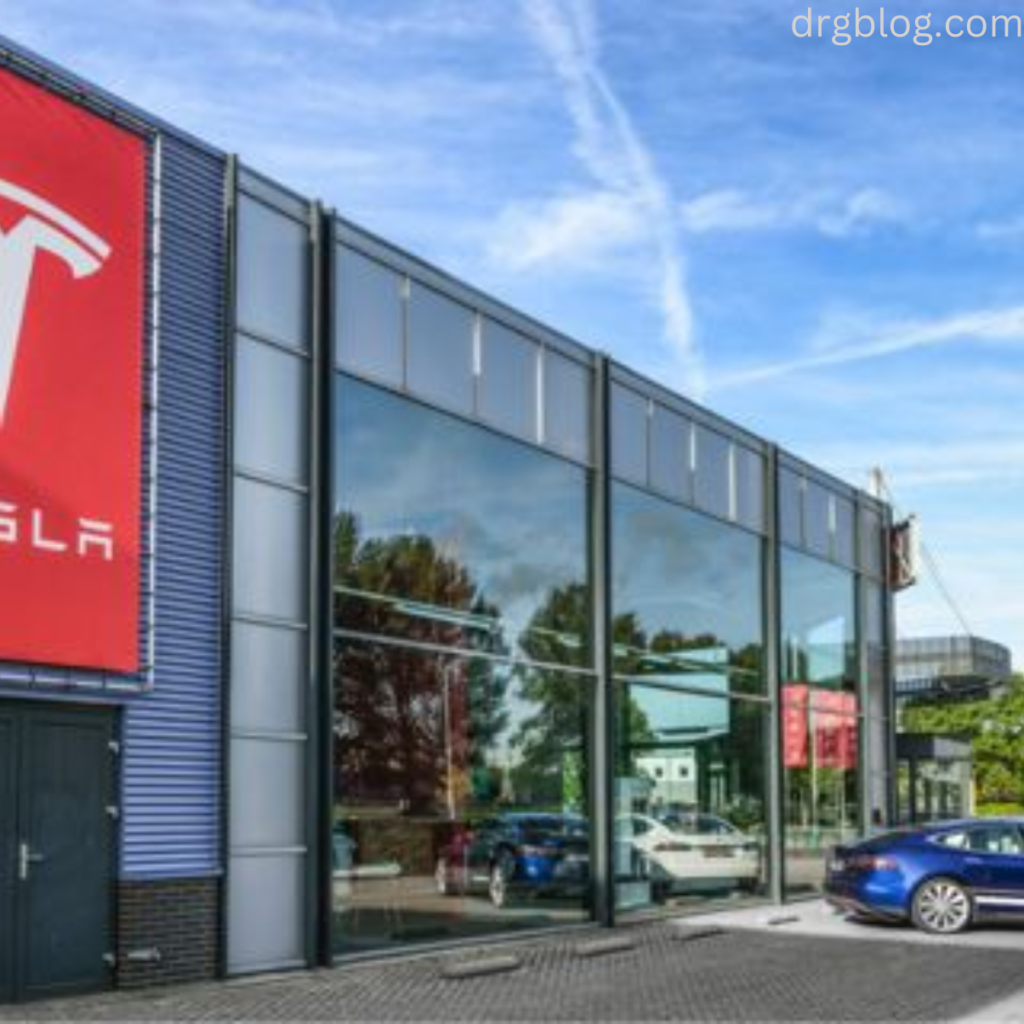
Tesla, Inc., founded in 2003 by Martin Eberhard and Marc Tarpenning, has become a disruptive force in the automotive industry under the leadership of Elon Musk. Headquartered in Palo Alto, California, Tesla is known for its innovation in electric vehicles (EVs), energy storage systems, and solar energy solutions.
Tesla’s vehicle lineup includes the Model S, Model 3, Model X, and Model Y, which have set benchmarks for range, performance, and autonomous driving capabilities. The Cybertruck and Tesla Semi, along with the new Roadster, represent future advancements in Tesla’s product roadmap.
The company’s Autopilot and Full Self-Driving (FSD) technologies lead the market in driver-assistance systems. Tesla also operates a vast network of Supercharger stations to support long-distance travel for EV owners.
Tesla’s commitment to sustainable energy solutions extends beyond vehicles. It offers products like the Powerwall, Powerpack, and Solar Roof, enabling homes and businesses to generate and store clean energy.
Manufacturing facilities such as the Gigafactories in Nevada, Shanghai, and Berlin play a crucial role in scaling production and innovation. Tesla’s mission to accelerate the world’s transition to sustainable energy has reshaped consumer expectations and driven widespread adoption of electric mobility.
Ford Motor Company (USA)
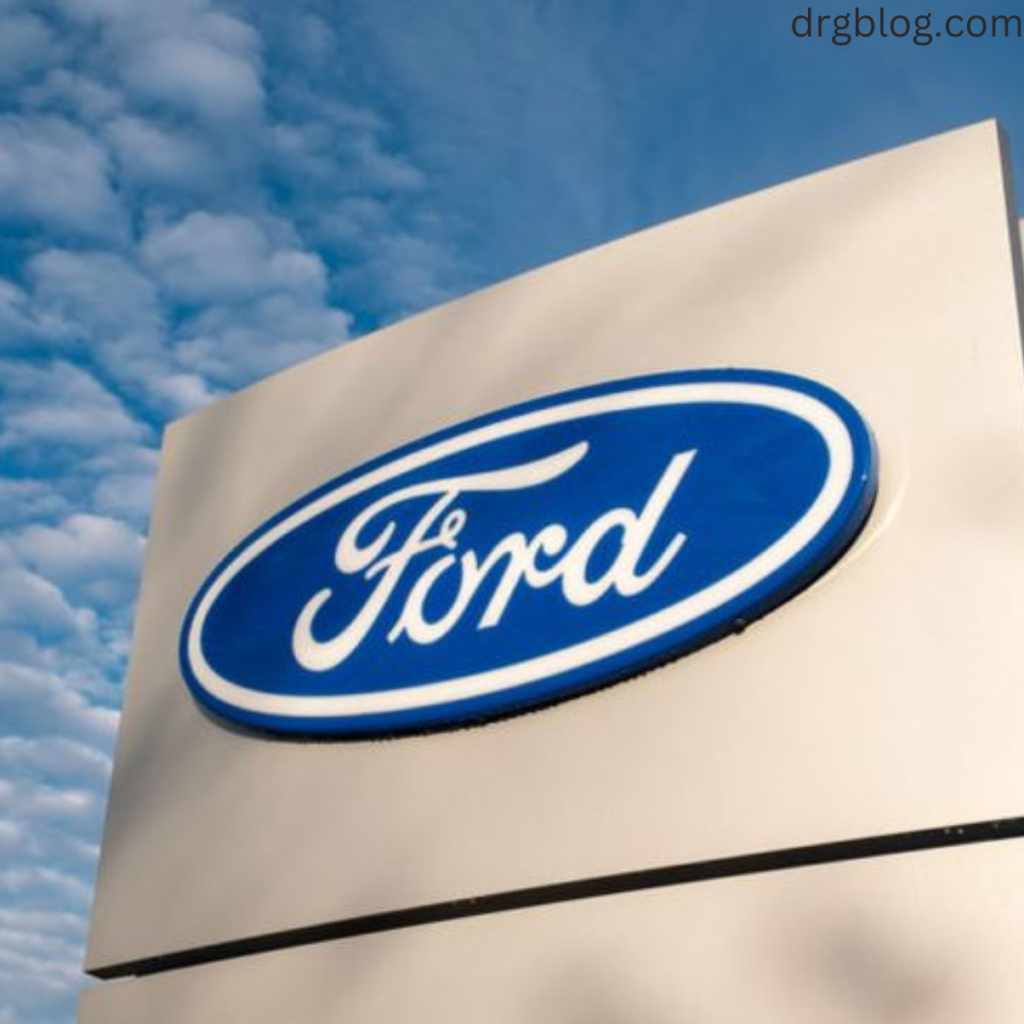
Founded by Henry Ford in 1903, Ford Motor Company is one of the oldest and most iconic automobile manufacturers in the world. Headquartered in Dearborn, Michigan, Ford revolutionized the automotive industry by introducing assembly line production, making cars affordable and accessible to the masses. The Model T, launched in 1908, became a symbol of modern mass production and transportation.
Today, Ford’s product lineup includes a variety of vehicles ranging from sedans and SUVs to trucks and commercial vehicles. The F-Series pickup trucks, particularly the F-150, have been America’s best-selling vehicles for decades. Ford’s SUV lineup includes popular models like the Explorer, Escape, and Bronco.
As part of its electrification strategy, Ford has introduced the Mustang Mach-E, an all-electric SUV, and the F-150 Lightning, an electric version of its best-selling pickup. The company is investing billions in electric and autonomous vehicle technologies, signaling a shift towards sustainable transportation.
Ford is also known for its innovation in connectivity and mobility solutions. The FordPass app and SYNC infotainment system offer enhanced vehicle control and convenience. The company is developing advanced driver-assistance systems and testing autonomous vehicles as part of its future mobility strategy.
With manufacturing operations in North America, Europe, Asia, and South America, Ford has a strong global footprint. Its commitment to innovation, sustainability, and quality continues to shape its competitive edge in the automotive industry.
General Motors (GM) (USA)
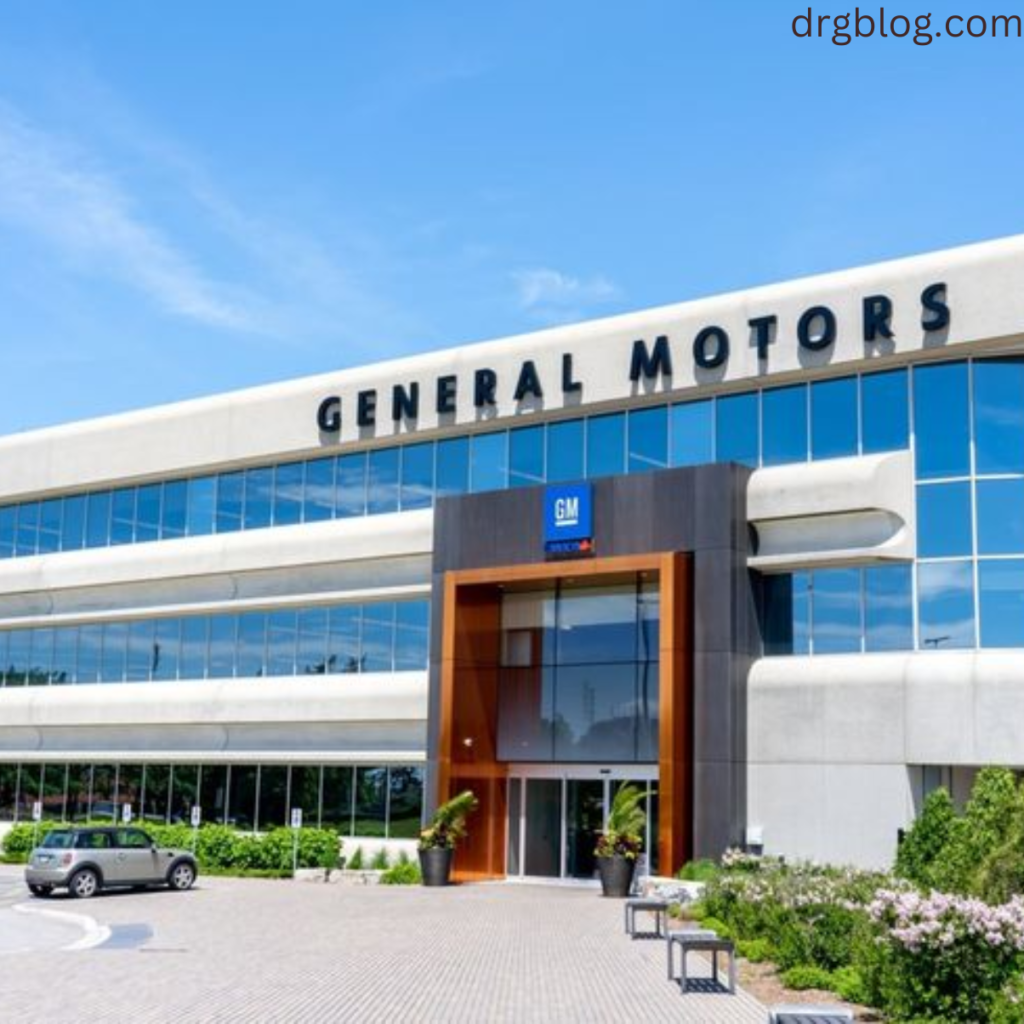
General Motors (GM), headquartered in Detroit, Michigan, is one of the largest automobile manufacturers in the world. Founded in 1908, GM operates several well-known brands, including Chevrolet, GMC, Cadillac, and Buick. The company has a long history of innovation, including introducing the first electric starter in automobiles and pioneering the development of electric and autonomous vehicles.
GM’s diverse lineup includes everything from compact cars and SUVs to trucks and luxury vehicles. The Chevrolet Silverado and GMC Sierra are among the most popular trucks in North America, while Cadillac represents the company’s luxury offerings.
The company’s electric vehicle (EV) strategy centers around the Ultium battery platform, which underpins models like the Chevrolet Bolt EV, GMC Hummer EV, and Cadillac LYRIQ. GM aims to launch over 30 new EVs by 2025 and achieve carbon neutrality by 2040.
In addition to EVs, GM is investing heavily in autonomous driving through its subsidiary Cruise, which is developing self-driving technologies. The company also focuses on connectivity through its OnStar system, providing safety and navigation services.
GM’s global presence includes manufacturing plants in North and South America, Europe, and Asia. Its commitment to innovation, sustainability, and quality positions it as a leader in the evolving automotive landscape.
Stellantis N.V. (Netherlands)
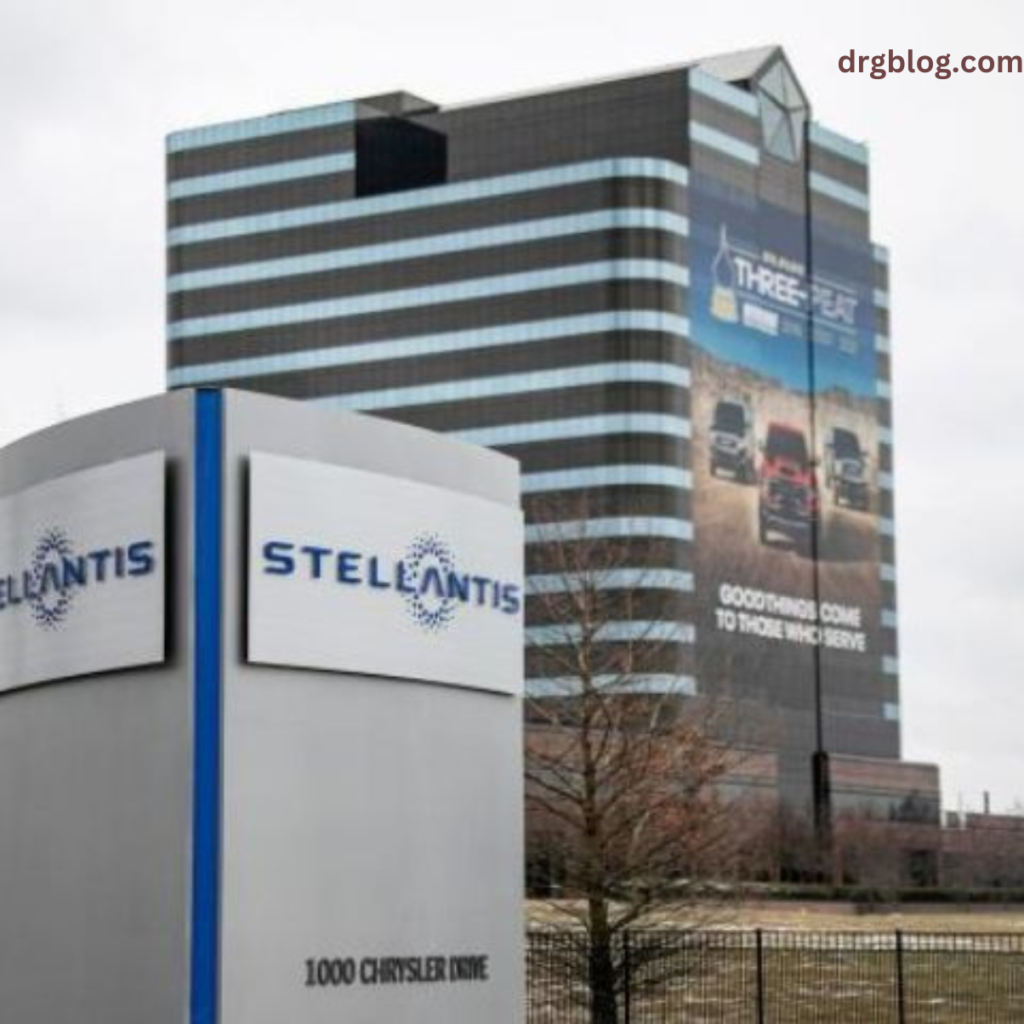
Stellantis N.V. is a multinational automotive corporation formed in 2021 through the merger of Fiat Chrysler Automobiles (FCA) and PSA Group. Headquartered in Amsterdam, Netherlands, Stellantis is now one of the world’s largest automakers, with a portfolio that includes brands such as Jeep, Dodge, Chrysler, Fiat, Alfa Romeo, Peugeot, Citroën, Opel, and Maserati.
The company’s product offerings span a wide range of segments, including compact cars, SUVs, trucks, and luxury vehicles. Iconic models like the Jeep Wrangler, Ram 1500, and Peugeot 208 highlight the diversity and strength of Stellantis’ lineup.
Stellantis is committed to electrification and sustainability, planning to launch dozens of new electric models across its brands by 2030. The company’s electrification strategy includes developing four dedicated EV platforms to support a broad range of vehicles.
Autonomous driving and connectivity are key focuses for Stellantis, with initiatives to develop advanced driver-assistance systems and connected car services. The company’s commitment to innovation is reflected in its investment in research and development.
With manufacturing operations and sales networks in over 130 countries, Stellantis has a strong global presence. The company’s diverse brand portfolio and focus on innovation and sustainability position it well for future growth.
BMW Group (Germany)
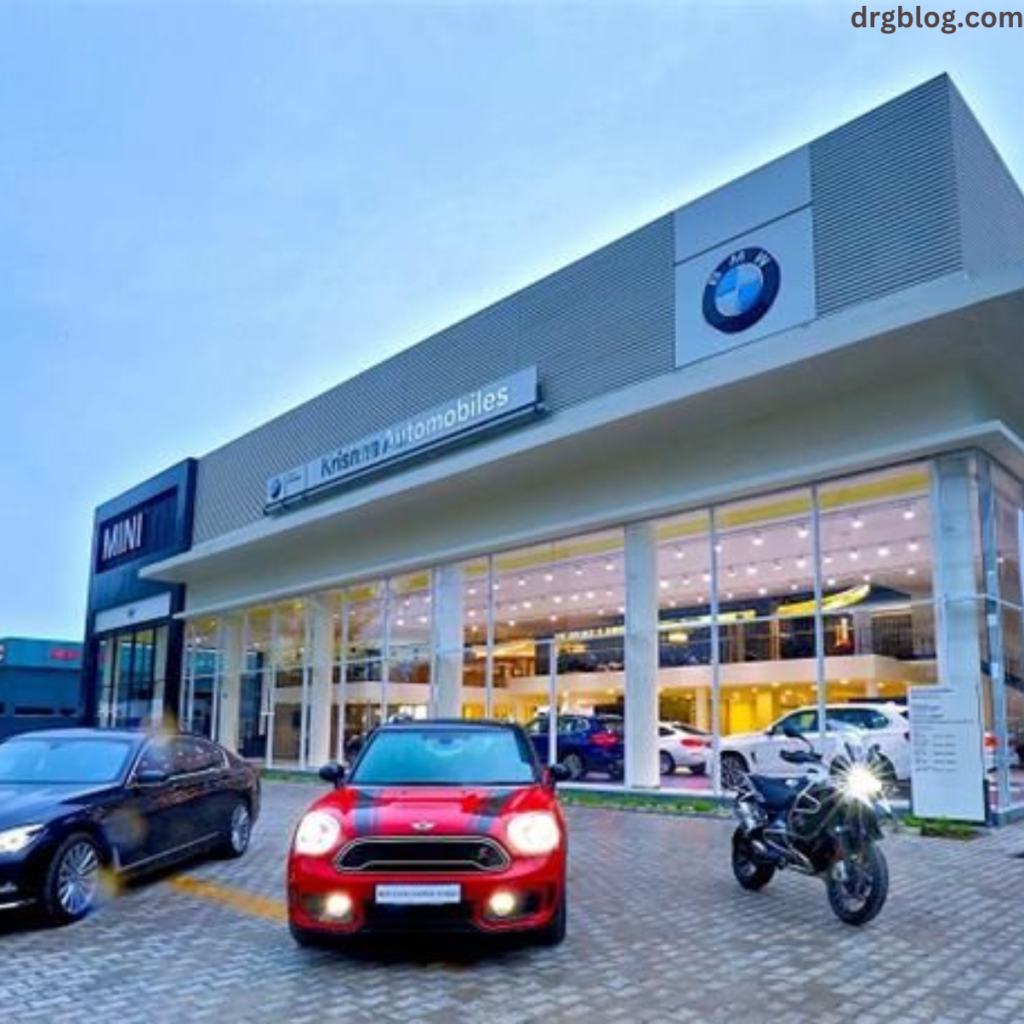
BMW Group, headquartered in Munich, Germany, is one of the world’s leading manufacturers of luxury automobiles and motorcycles. Founded in 1916, BMW (Bayerische Motoren Werke) has built a reputation for producing high-performance vehicles that combine luxury, technology, and driving dynamics.
The company’s brand portfolio includes BMW, MINI, and Rolls-Royce. Iconic models such as the BMW 3 Series, 5 Series, and X5 are celebrated for their engineering excellence and driving pleasure. Rolls-Royce represents the pinnacle of luxury, while MINI offers stylish and compact urban vehicles.
BMW has embraced electrification with its “i” sub-brand, introducing models like the BMW i3 and i8. The company’s latest electric vehicles, such as the iX and i4, showcase its commitment to sustainable mobility. BMW aims to have fully electric models account for 50% of its global sales by 2030.
Innovation is at the heart of BMW’s strategy. The company focuses on autonomous driving, connectivity, and digital services. The BMW iDrive system and My BMW App provide a seamless and connected user experience.
With production facilities in Europe, the Americas, Asia, and South Africa, BMW maintains a strong global manufacturing presence. Its commitment to innovation, sustainability, and customer-centric solutions continues to drive its success.
Hyundai Motor Company (South Korea)
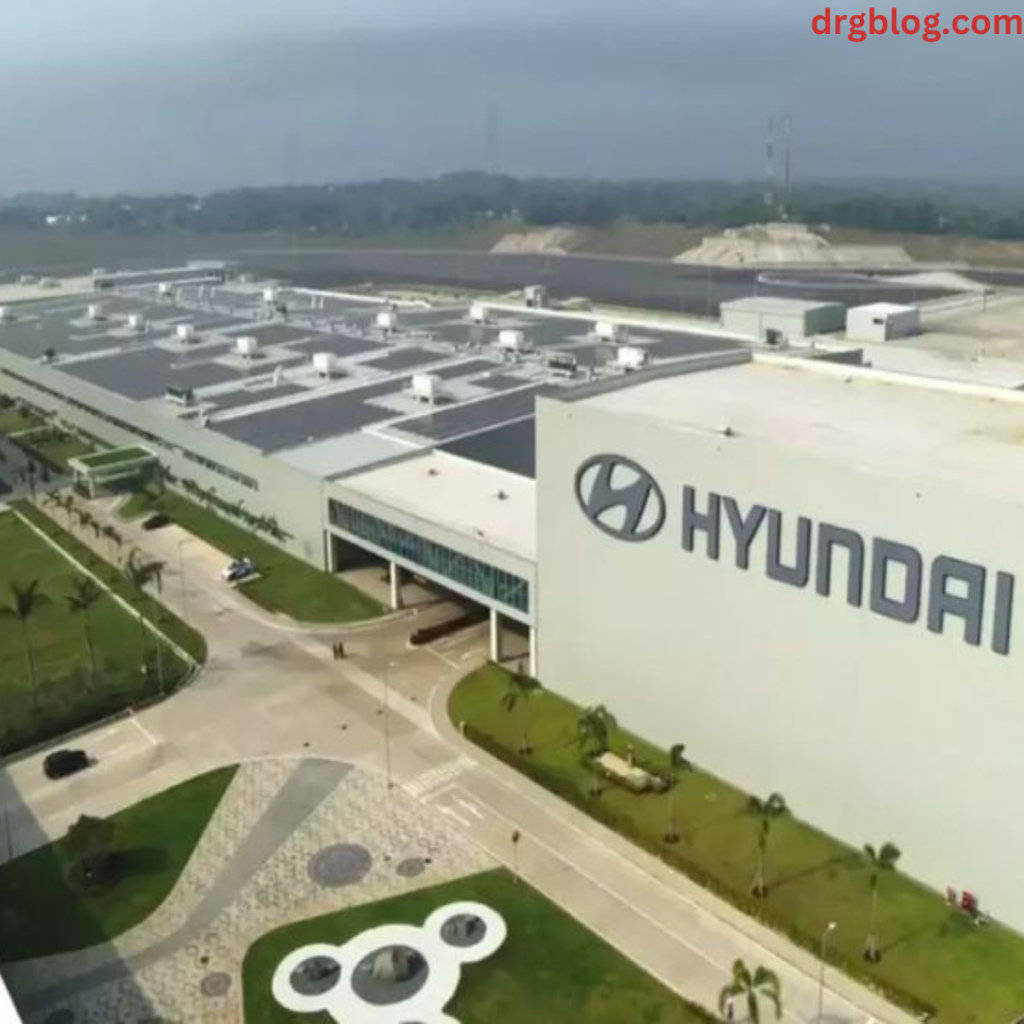
Hyundai Motor Company, headquartered in Seoul, South Korea, is one of the world’s largest and most innovative automakers. Founded in 1967, Hyundai has grown to become a global leader known for producing high-quality, affordable vehicles.
The company’s product lineup includes popular models such as the Sonata, Elantra, Tucson, and Santa Fe. Hyundai also offers luxury vehicles under its Genesis brand and electric and hydrogen-powered vehicles like the Ioniq 5 and Nexo.
Hyundai is committed to sustainable mobility and has outlined an ambitious electrification strategy. The company plans to launch numerous fully electric models under its Ioniq brand and aims to achieve carbon neutrality by 2045.
Autonomous driving and connectivity are central to Hyundai’s vision for the future. The company is developing advanced driver-assistance systems and exploring mobility solutions such as flying cars and robotics.
With manufacturing operations in South Korea, the United States, Europe, and other regions, Hyundai maintains a strong global presence. Its focus on innovation, sustainability, and customer satisfaction continues to shape its competitive position in the automotive industry.
Honda Motor Co., Ltd. (Japan)
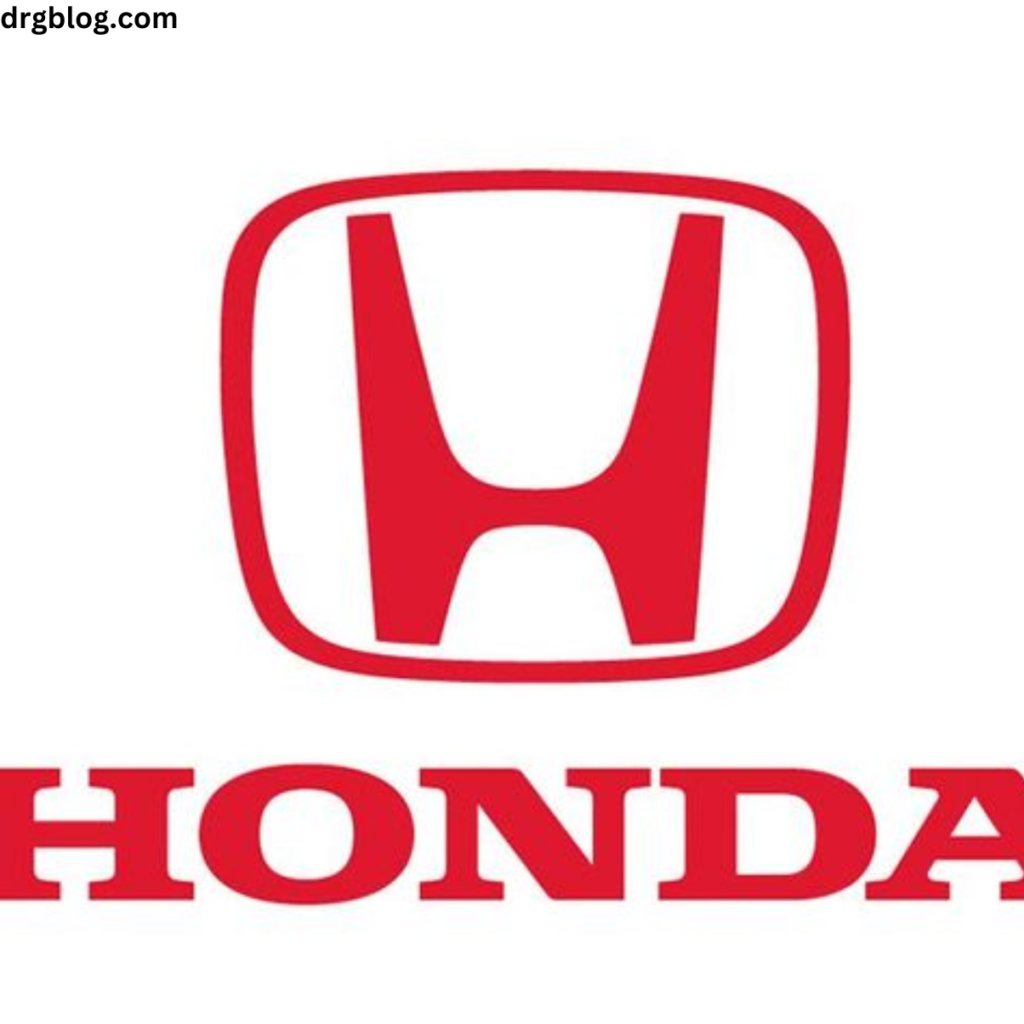
Honda Motor Co., Ltd., headquartered in Tokyo, Japan, is a global leader in the automotive, motorcycle, and power equipment industries. Founded in 1948 by Soichiro Honda and Takeo Fujisawa, Honda is known for its engineering excellence and innovation.
The company’s vehicle lineup includes popular models such as the Civic, Accord, CR-V, and Pilot. Honda also leads the motorcycle market with iconic models like the Gold Wing and CBR series. In addition to vehicles, Honda produces engines, generators, marine equipment, and more.
Honda is committed to environmental sustainability and innovation. The company has introduced hybrid models like the Accord Hybrid and Clarity series and is investing in electric vehicles (EVs) and hydrogen fuel cell technology.
The company’s advanced driver-assistance systems, such as Honda Sensing, enhance vehicle safety and provide a more intuitive driving experience. Honda is also exploring autonomous driving technologies and connectivity solutions.
With manufacturing facilities across Asia, North America, Europe, and other regions, Honda maintains a strong global presence. Its focus on innovation, quality, and customer satisfaction continues to drive its success in the competitive automotive market.
